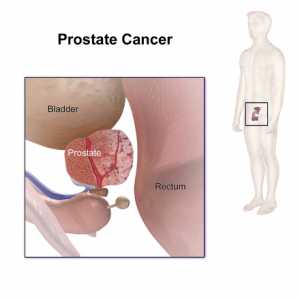Author Interviews, COVID -19 Coronavirus, JAMA, Race/Ethnic Diversity / 26.01.2022
COVID-19 Vaccine Hesitancy Declined Faster Among Black Americans
MedicalResearch.com Interview with:
Tasleem J. Padamsee, PhD
Co-Leader C3-REACH -- Committed to Communities Collaborative: Research and Engagement to Advance beyond COVID to Health EquityPrincipal Investigator
The Daughter Sister Mother Project: Empowering Women and their Healthcare Providers to Fight Familial Cancer
Lead Qualitative Investigator WOW Project: Washington & Ohio Workers Study
Assistant Professor
Division of Health Services Management & Policy, College of Public Health
Faculty Affiliate, James Comprehensive Cancer Center
The Ohio State University
MedicalResearch.com: What is the background for this study?
Response: This is a study about COVID-19 vaccine hesitancy in the United States. Although there has been a lot of discussion about vaccine hesitancy as a barrier to achieving high rates of COVID-19 vaccination, there have been few studies of changes in hesitancy - or how it might vary across groups. As COVID-19 vaccines were becoming available in the US there was a lot of discussion about worrisome rates of vaccine hesitancy, particularly among communities of color.
Our team suspected, however, that these high rates might be short-lived, and that Black Americans in particular might become willing to use COVID-19 vaccines after a short period of time - as they became reassured that they would be safe, effective, and protect communities.
(more…)








 Sean C. Rose, MD
Child Neurology
Nationwide Children’s Hospital
The Ohio State University, Columbus
MedicalResearch.com: What is the background for this study? What are the main findings?
Response: There is conflicting evidence regarding the association between repetitive head impacts during youth contact sports and worse neurocognitive outcomes. Most research has been conducted in older adults, while the research in children is mostly limited to 1-2 sports seasons.
Sean C. Rose, MD
Child Neurology
Nationwide Children’s Hospital
The Ohio State University, Columbus
MedicalResearch.com: What is the background for this study? What are the main findings?
Response: There is conflicting evidence regarding the association between repetitive head impacts during youth contact sports and worse neurocognitive outcomes. Most research has been conducted in older adults, while the research in children is mostly limited to 1-2 sports seasons.






















